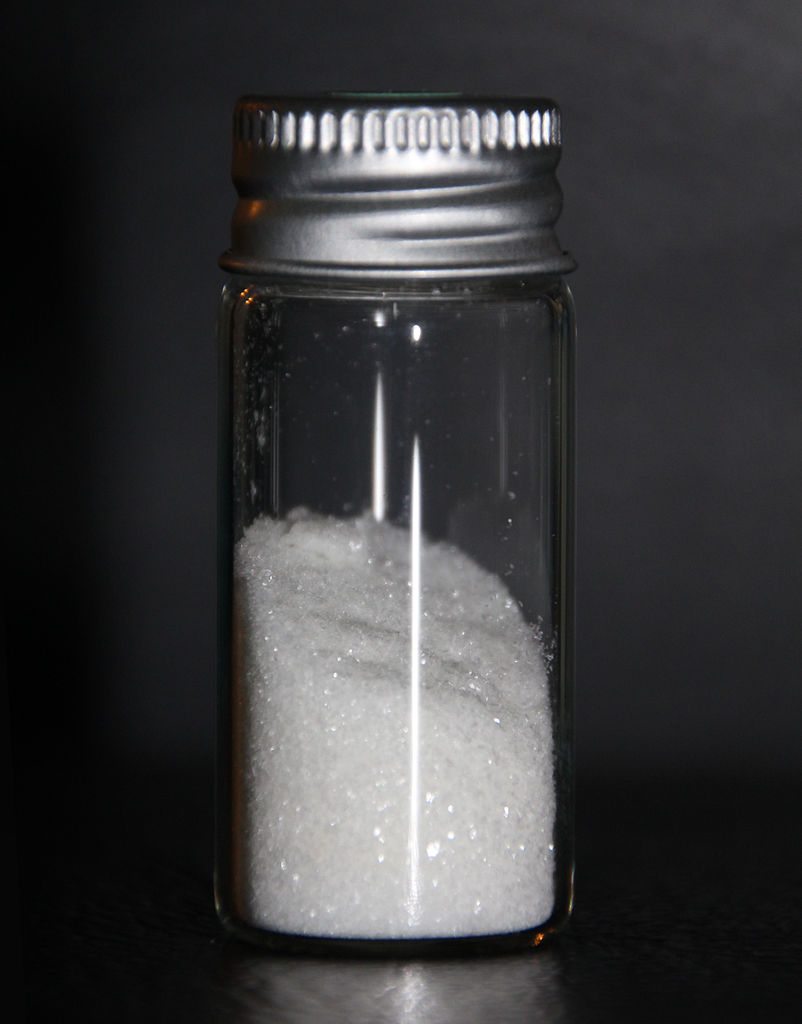Results for: geier

More bad science in the service of anti-GMO activism
I never used to write much about genetically modified organisms (GMOs) before. I still don’t do it that often. For whatever reason, it just hasn’t been on my radar very much. That seems to be changing, however. It’s not because I went seeking this issue out (although I must admit that I first became interested in genetic engineering when I was in...
Vaccines & Autism
Overview Index of SBM Posts Outside Resources Key Research The ScienceBasedMedicine.org Reference Pages are reviews of topics relevant to science and medicine. Each consists of a concise overview of the topic from a scientific perspective, an index of the most relevant posts here on SBM, links to some external resources we recommend, and our summaries of the most interesting and important...
The “no compassion” gambit
As usual, I was impressed with Mark Crislip’s post on Friday in which he discussed the boundaries between science-based medicine and what we sometimes refer to as woo or what Mark often refers to as sCAM. It got me to thinking a bit, which is always a dangerous thing, particularly when such thinking leads to my writing something for my not-so-super-secret other...
Rituximab for Chronic Fatigue Syndrome: Jumping the Gun
Now that the XMRV myth has been put to rest, patients with Chronic Fatigue Syndrome (CFS) are no longer jumping the gun to demand anti-retroviral treatments. But they are jumping the gun in new ways, based on very preliminary data coming out of Norway. A correspondent in Norway wrote to tell me patients from Norway with myalgic encephalitis/chronic fatigue syndrome (ME/CFS) are travelling...

The Great and Powerful Oz versus science and research ethics
Dr. Mehmet Oz conducted a (poor-quality) clinical trial of green coffee beans for weight loss. Somehow between taping his show and being a doctor, he forgot to get institutional review board approval for ethics. Oops!

The result of the Trial to Assess Chelation Therapy (TACT): As underwhelming as expected
Chelation therapy. It’s one of the most common quackeries out there, used by a wide variety of practitioners for a wide variety of ailments blamed on “heavy metal toxicity.” Chelation therapy, which involves using chemicals that can bind to the metal ions and allow them to be excreted by the kidneys, is actually standard therapy for certain types of acute heavy metal...
Antivaccine versus anti-GMO: Different goals, same methods
Countering ideologically motivated bad science, pseudoscience, misinformation, and lies is one of the main purposes of this blog. Specifically, we try to combat such misinformation in medicine; elsewhere Steve and I, as well as some of our other “partners in crime” combat other forms of pseudoscience. During the nearly five year existence of this blog, we’ve covered a lot of topics in...
Luc Montagnier and the Nobel Disease
Few awards in anything have the cachet and respect the Nobel Prizes in various disciplines possess. In my specialty, medicine, the Nobel Prize in Physiology or Medicine is quite properly viewed as the height of achievement. In terms of prestige, particularly in the world of science, the Nobel Prize is without peer. To win the Nobel Prize in Medicine or another scientific...
Supplements and cancer prevention
The bloggers here have been very critical of a law passed nearly 20 years ago, commonly referred to as the DSHEA of 1994. The abbreviation DSHEA stands for about as Orwellian a name for a law as I can imagine: the Dietary Supplement Health and Education Act. Of course, as we’ve pointed out time and time again, the DSHEA is not about...
SANE Vax adopts Dr. Hanan Polansky’s “microcompetition” as its own. Hilarity ensues.
One of the hallmarks of science as it has been practiced for the last century or so is that scientists share their discoveries in the peer-reviewed literature, where their fellow scientists can evaluate them, decide if they’re interesting, and then replicate them, usually as a prelude to building upon them. While the system of publication and peer review in science is anything...

